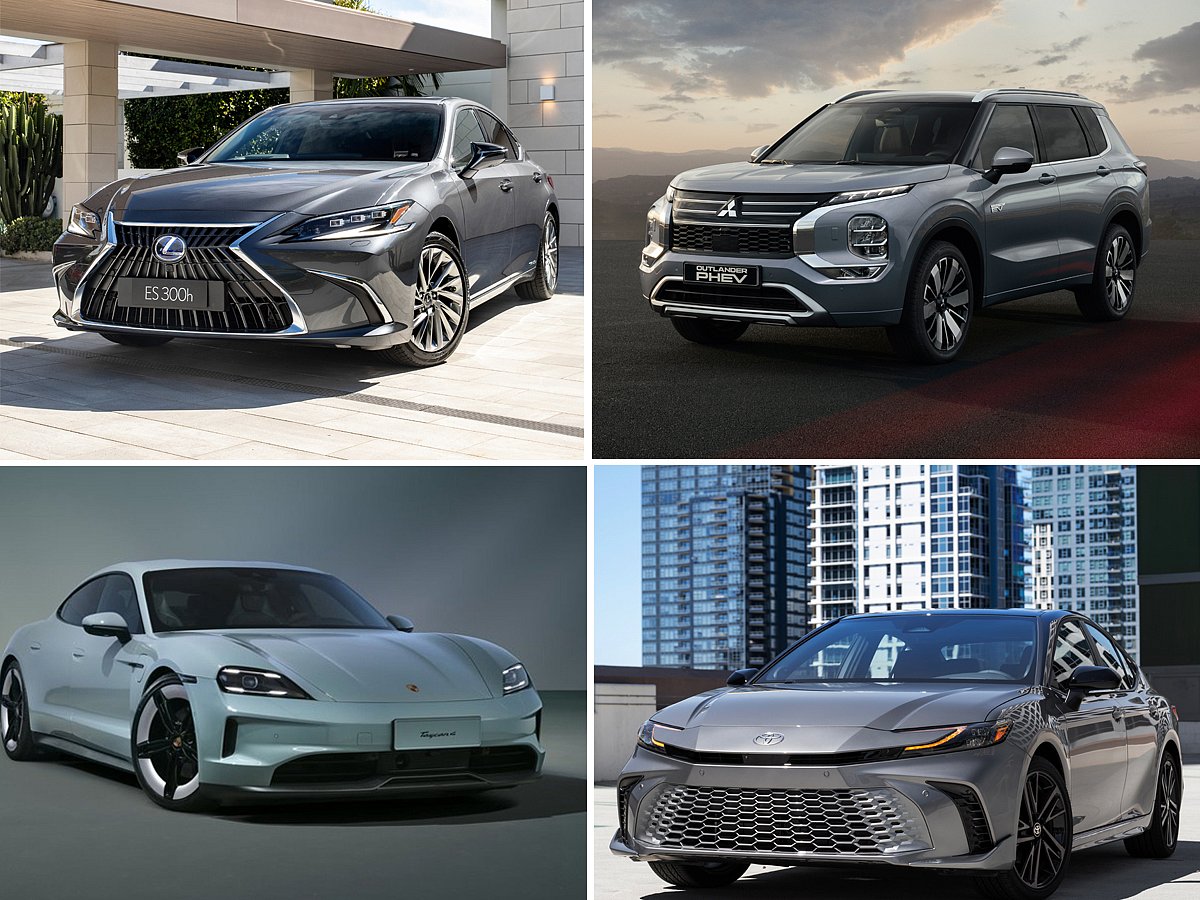Petrol, hybrid or EV? Making the right choice in the UAE
Here’s a clear-eyed guide to help motorists decide which powertrain fits their lifestyle

As the UAE accelerates its transition towards sustainable mobility, motorists are faced with a pertinent question: which type of vehicle aligns best with their driving habits, budget, and environmental considerations? Today, the options are more varied than ever, each with distinct advantages and trade-offs. Petrol cars still dominate the roads here, but hybrids and electric vehicles (EVs) are no longer fringe players. In 2025, with fuel prices relatively steady, charging infrastructure expanding, and government policies nudging toward sustainability, buyers are asking: ‘What really makes sense — petrol, hybrid, plug-in hybrid, or full EV?’ Here’s a comprehensive breakdown to help you make an informed decision.
Petrol cars: Familiarity and reach
For most motorists, petrol still means convenience. The network of fuel stations across the UAE is unmatched, with ADNOC, Emarat, ENOC and EPPCO ensuring that no matter where you drive, a refill is just minutes away. Petrol cars also tend to be cheaper to buy upfront than their hybrid or electric counterparts, and service centres are everywhere.
But the trade-off is clear: higher long-term running costs, especially if you drive long distances daily. Petrol prices may be subsidised in the UAE compared to global averages, but they still add up quickly at the pump. Maintenance costs — oil changes, spark plugs, exhaust systems — are also higher than with hybrids or EVs.
Hybrids: Efficiency without the plug
Hybrids offer a sweet spot for many UAE buyers. They combine a petrol engine with an electric motor, using regenerative braking and the engine itself to recharge the battery — meaning there’s no need to plug in. Cars like the Toyota Camry Hybrid or Lexus ES 300h have already proven their reliability here, sipping far less fuel than their petrol-only siblings while maintaining the same comfort and ease of ownership. For instance, the new Toyota Camry Hybrid boasts fuel efficiency figures of 25.49 km/l, which should get you over 1,000 kilometres on a full tank even in real-world UAE driving conditions.
For city drivers who spend a lot of time in stop-start traffic, hybrids make enormous sense. They quietly switch to electric mode at low speeds, reducing fuel burn and cutting emissions, yet still deliver the unlimited range of a petrol car.
Plug-in hybrids: The stepping stone to EVs
If hybrids are about efficiency, plug-in hybrids (PHEVs) add another dimension: real electric driving. With larger batteries that can be recharged from a wallbox at home or a public charger, PHEVs offer between 40 to 100 km of pure electric range. That’s enough to cover most daily commutes in Dubai or Abu Dhabi without burning a drop of petrol.
Take the Mitsubishi Outlander PHEV or the Volvo XC90 PHEV — both allow you to cruise silently in the city and then switch seamlessly to petrol power for a weekend road trip to Fujairah or Liwa. PHEVs do require the discipline of charging regularly to unlock their full benefits, but for buyers not ready to go fully electric, they’re an attractive middle ground.
Electric vehicles: The future, here today
EVs are no longer just Teslas and futuristic showpieces. Chinese brands like BYD and MG, along with global names like Porsche and Mercedes-Benz, are flooding UAE showrooms with competitively priced models. For instance, the BYD Seal promises nearly 600 km of range, while the Volvo EX30 starts under Dh150,000 — a price point unthinkable for premium EVs just a couple of years ago.
The real advantage? Running costs. With home charging, “refuelling” an EV can cost a fraction of filing a petrol tank. According to some estimates, charging at home can cost as little as Dh0.29 per kWh, translating to approximately Dh0.12 per km. Maintenance is simpler too, with far fewer moving parts — no oil changes, no exhausts, no gearboxes. The challenge remains charging infrastructure and habits. While public chargers are expanding fast, drivers without access to home or office charging may find the adjustment less convenient.
So, what makes sense in 2025?
Petrol still wins for upfront affordability and ultimate convenience.
Hybrids deliver excellent efficiency with zero lifestyle change.
Plug-in hybrids are ideal for commuters who can charge at home but still want the safety net of petrol. They’re EVs with a backup plan.
EVs are the most future-proof choice, offering low running costs and cutting-edge tech, provided charging access fits your lifestyle.
For UAE drivers, the decision comes down to one word: usage. If your life is built around long desert drives and spontaneous road trips, petrol or hybrid might suit you best. If your world is mostly city commutes with charging access at home, a PHEV or full EV can slash your running costs.
The good news? In 2025, unlike just a few years ago, UAE buyers finally have real, compelling choices across all three powertrains. And that means the right car for your lifestyle isn’t a compromise anymore — it’s a question of which future you want to drive into.
Network Links
GN StoreDownload our app
© Al Nisr Publishing LLC 2026. All rights reserved.